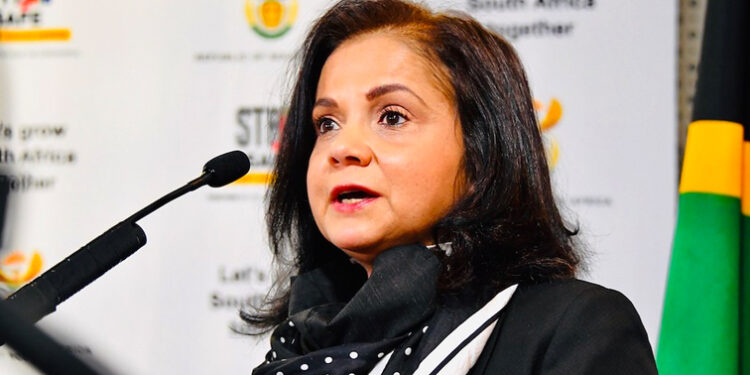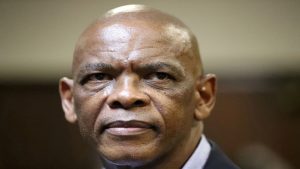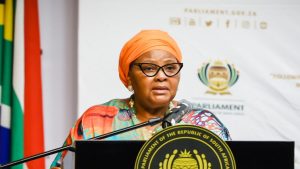Government is ramping up its efforts to comply with the Truth and Reconciliation Commission’s recommendations (TRC). It’s more than 24 years since the TRC recommended that prosecution be considered for perpetrators of Apartheid crimes where evidence existed and when amnesty was not sought or denied.
The National Prosecuting Authority (NPA) has registered 64 new cases for investigation emanating from the TRC.
The TRC was a court-like body that the democratic South African government had established in 1995. The aim was to heal and reconcile the country’s people by uncovering the truth about human rights violations that had occurred during the apartheid era.
Experienced counsel
The NPA has appointed a team, which former TRC commissioner, Advocate Dumisa Ntsebeza will head, to assess what has been done to prosecute those involved in identified cases. 25 prosecutors and 40 investigators have been dealing specifically with TRC matters.
NPA spokesperson Mthunzi Mhaga says advocate Dumisa Ntsebenza has also been appointed to review their measures to deal with and prosecute those involved in the cases.
“He has to ensure that in the review process- whatever measures we’ve put in place, these cases will be dealt with- without any interference from the executive, or any outsider. We decided on an independent external person because we don’t want to be accused of any wrongdoing whatsoever as the NPA- hence we asked for an independent, experienced counsel- who has handled TRC cases before- given the fact that he was a lead investigator of the TRC- with the late Desmond Tutu at the time,” Mhaga elaborates.
Apartheid crimes
The Ahmed Kathrada Foundation is one of the organisations that have pushed for justice for the victims including murdered anti-apartheid activist Ahmed Timol. The Executive Director of the Ahmed Kathrada Foundation Neesham Bolton believes that there is merit in the government’s decision to ramp up the prosecution of perpetrators of apartheid crimes.
According to Bolton “These are unclosed cases in which the Timol inquest and the Hafejee inquest have indicated that there is a large amount of information that is out there that will firstly help families of these victims get a sense of closure and possibly a sense of justice should the perpetrators still be alive and be able to be brought to book so I think morally and legally the NPA is compelled to do what it is doing albeit 20 years too late.”
Bolton adds, that while some apartheid officials have died, many are still alive and can shed light on the country’s dark past.
Bolton maintains that “Every bit of information helps to close the overall puzzle and give a sense of what the story is like we may not have the complete story at the end of the day but I think we might have pieces of the puzzle that would help you come to certain conclusions not to have acted when the time was right and people were around and the national mood would have been in supportive of this kind of work is inexplicable and perhaps at some point would have to be explained by those who were in charge at the time.”
The NPA says it wants to work through all TRC referrals within the next three to five years.
Video: Ahmed Kathrada Foundation welcomes NPA’s appointment of Dumisa Ntsebeza






